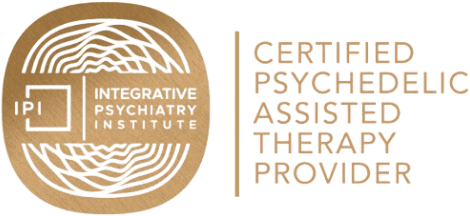Written by By Amy Alliston, MSN, FNP-BC, PMHNP-BC, IBCLC
Common mental health problems that benefit from medications:
Depression, anxiety, and ADHD are among the most common mental health challenges in the United States and they are on the rise. New data from the CDC’s National Center for Health Statistics indicate that the prevalence of depression in U.S. adolescents and adults increased by 60 percent in the past decade, according to the National Health and Nutrition Examination Survey (NHANES). The report, Depression Prevalence in Adolescents and Adults: United States, August 2021–August 2023, also shows that nearly 40 percent of people aged 12 and older with depression received counseling or therapy from a health professional in the previous year.
In addition, Data from the CDC and NIH indicate that roughly one in five adolescents experience significant anxiety, and a similar percentage report depressive symptoms. In adults, the prevalence of both conditions has risen steadily since 2019, with younger adults and women showing the greatest increases. ADHD affects about 11 percent of U.S. children and roughly 4 percent of adults, yet many remain undiagnosed or untreated.
Medical intervention is often indicated to treat these mental health problems, and first line treatments are medication and psychotherapy, frequently in combination.
Mental health problems are often complex;
These conditions often overlap—approximately half of people with ADHD also have an anxiety disorder, and depression is also present in up to half of ADHD cases. This is not really specific to mental health but is a very common phenomenon with other types of illnesses as well. Physical illnesses tend to have comorbidities. For example, a person with diabetes is more likely to have comorbidities such as peripheral neuropathy or kidney disease. Similarly mental health issues often cluster.
The growing prevalence of these conditions underscores the need for highly individualized care. Comprehensive medication management focuses on developing treatment plans tailored to a person’s unique biology, history, and life circumstances. Even with the same diagnosis, two individuals can respond very differently to the same medication, and side effects vary widely. Continuous monitoring and timely adjustments are therefore essential, not optional.
How Integrative Psychiatry impacts medication management;
Integrative psychiatry builds on this approach by blending conventional treatments with complementary strategies such as nutrition counseling, mindfulness, and a careful assessment of physical health. Mental health symptoms can sometimes be triggered or worsened by underlying medical conditions. Insomnia, hypothyroidism, and hormonal imbalances are examples of physical health issues that can affect mood and concentration. By identifying and addressing these factors, integrative psychiatry seeks to treat root causes rather than focusing solely on symptoms.
Ongoing care is paramount:
Personalized mental health care is not static. It requires continuous observation, feedback, and adaptation. Tracking progress, adjusting dosages, and integrating non-medication strategies ensure that treatment evolves as the individual’s needs change. This is the essence of precision care—an approach that sees the person, not just the diagnosis
This data and the understanding of the complexity of mental health highlights the need for care that is highly individualized. Comprehensive medication management focuses on tailoring treatment plans to the unique biology, history, and circumstances of each person. Even with the same diagnosis, individuals may respond very differently to the same medication, and side effects vary in both type and severity. This makes careful monitoring and ongoing adjustment an essential part of effective care.
Quick tips for clients preparing for medication reviews and follow-ups:
The ideal treatment approach to improve mental wellness is to work closely with your provider and to be prepared to share your experience which will be dynamic and often changing throughout treatment. Consistent follow up appointments will help track physical health markers, mood trends and evolving lifestyle factors.
It can be helpful for some clients to use a journal to track their symptoms, side effects, sleep, appetite, and daily mood. It is always worth noting any stressors or changes in diet, work, sleep and energy levels. An attentive provider will welcome questions—about adjustments, interactions, or non-med options. It is important for clients to feel safe in the context of the patient-provider relationship in order to be open and honest as it is this patient feedback that is the key to customizing their plan.
Our goal is to deliver precise care:
Personalized care is an evolving process. It involves close tracking of progress, adjustments to medications, and the inclusion of non-medication strategies when appropriate. This is the essence of precision mental health care—seeing the person as a whole, not just the diagnosis.
At Seven Springs Health & Wellness, comprehensive medication management and integrative psychiatry complement each other to provide care that adapts to each individual’s needs over time. Treatment plans are designed to fit each patient’s unique profile, monitored for side effects, and adjusted to achieve the best possible outcomes.
At Seven Springs, your mental health journey is deeply personal and dynamic. Through tailored medication, integrative psychiatry, and careful tracking, we center care on you—helping you rediscover balance, resilience, and wellness.
Do you think you might be ready to talk to a professional? Book a free 15 minute phone consultation today.


